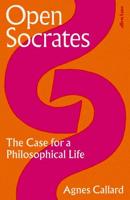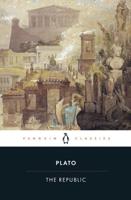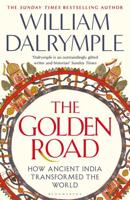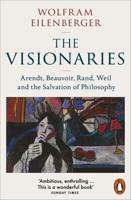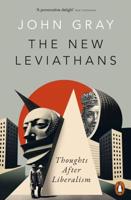Publisher's Synopsis
"Among all Chinese philosophers, he comes closest to the Christian teachings, for he alone taught universal love as the basis of society and of peace, and showed that Heaven loved the people equally... He enunciated the clearest teachings "against offensive wars," and even developed in great detail the technique of defensive warfare. He also developed a system of logical method... But what is more, Motse's teachings were a stern call to action... Mencius referred to him as one who "would wear his head and his heels off to benefit the world." He taught and practised altruism, frugality and the hard life... His influence grew so great that for two centuries after Confucius, the Mohists became the rivals of Confucianists... Why the Mohist School's influence suddenly stopped completely remains a matter of speculation." - Lin Yutang, 1942 Mo Tzu (4th century BC) was an influent sage of Ancient China, among other schools of thought, he made the greatest opposition to Taoism and Confucianism, the two main schools of thought at that time. Mohism's influence sudden fall brought some consequences to what we know of his work: many chapters are lost, thus, although we can read most of his work, we are not able to read his complete work. This edition of Y. P. Mei's translation bring us the following chapters: Befriending the Learned / Self-cultivation / On Dyeing / The seven causes of anxiety / Indulgence in Excess ] Exaltation of the Virtuous I / Exaltation of the Virtuous II / Exaltation of the Virtuous III / Identification with the Superior I / Identification with the Superior II / Identification with the Superior III / Universal Love I / Universal Love II / Universal Love III / Condemnation of Offensive War I / Condemnation of Offensive War II / Condemnation of Offensive War III / Economy of Expenditures I / Economy of Expenditures II / Simplicity in Funerals IIIWill of Heaven I / Will of Heaven II / Will of Heaven III / On Ghosts III / Condemnation of Music I / Anti-Fatalism I / Anti-Fatalism II / Anti-Fatalism III / Anti-Confucianism II / Geng Zhu / Esteem for Righteousness / Gong Meng / Lu's Question / Gong Shu




